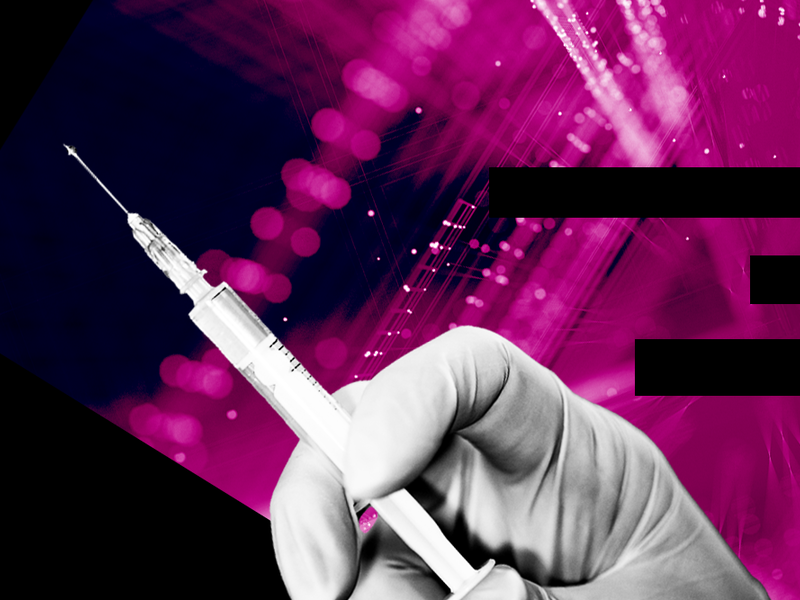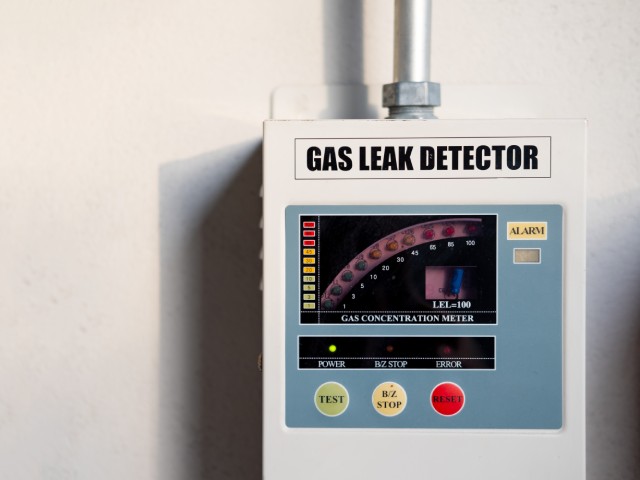European leaders voiced increasing skepticism Friday that a U.S. proposal to lift patent protections on COVID-19 vaccines would solve the problem of getting shots into the arms of people in poorer countries, with some instead calling for more exports of the doses already being produced.
While activists and humanitarian groups have cheered the Biden administration’s decision and urged others to follow suit, European Union leaders are hammering home the message that any benefit from a temporary waiver of intellectual property protections would be long in coming. Instead, they’ve taken the U.S., in particular, to task for not sharing more vaccines with the rest of the world.
“You can give the intellectual property to laboratories that do not know how to produce it. They won’t produce it tomorrow,” said French President Emmanuel Macron at a summit in Portugal, even though he has also said he would agree to waive the protections.
EU officials insist rewriting rules in the World Trade Organization could take months or even a year, and say they’ve found few examples — if any — that intellectual property issues are what’s holding up the rollout of vaccines.
Supporters of a patent waiver have argued it would allow more factories around the world to produce the shots, increasing the supply, especially in poorer countries. The decision ultimately is up to the 164-member WTO, and if just one country votes against a waiver, the idea will fail.
Macron said the key issues are really donations and exports — an argument also made by the pharmaceutical industry — and he said the United States should do more on that front.
The U.S. does not have an export ban on vaccines nor does it prohibit the export of ingredients for the shots. But the federal government controls hundreds of millions of doses manufactured in the country under the terms of its contracts with drug makers, and is first in line for some raw materials produced by U.S. suppliers.
The U.S. has sent Canada and Mexico about 4 million doses from its stockpile of vaccines from AstraZeneca — which hasn’t yet applied for authorization in the U.S. — and it plans to begin exporting as many as 60 million doses in coming months. Last week, the U.S. also redirected some raw materials used for AstraZeneca to India as part of its relief efforts for the hard-hit country.
Macron boasted, however, that almost half of the doses produced on in the European Union — or about 200 million — have been allowed to be exported.
“We are the most generous in the world of developed nations,” he said.
White House press secretary Jen Psaki told reporters Friday that the U.S. is going to “work with international partners, with the pharmaceutical companies to up the supply, to get as much supply out to the global community as possible.”
WTO Director-General Ngozi Okonjo-Iweala echoed some of the sentiments expressed by European leaders at a virtual conference Friday, noting that lifting patent protections could help expand fair access to vaccines but might not be the most “critical issue” in expanding vaccine production.
Other key steps include reducing restrictions on the export both of vaccines and the ingredients needed to make them, sharing the know-how behind the shots, training manufacturing personnel and increasing manufacturing capacity globally.
Meanwhile, Germany, a research powerhouse with strong biotech and pharmaceutical sectors, spoke out against waiving the protections — and also urged more exports.
“The main issue is not the question of patents. The main issue is the question of production capacity,” German Health Minister Jens Spahn said, noting that producing vaccines like one developed by German firm BioNTech — and manufactured with Pfizer —is very complicated.
Instead, he stressed that developed countries whose vaccination campaigns are going well should export more shots.
“We’ll be exporting a lot more,” he said. “I can only welcome if the United States change their policy and make vaccination doses available for other countries.”
Fatima Hassan, a human rights lawyer and director of the Health Justice Initiative in South Africa, welcomed the Biden administration’s announcement but said it’s “eight months too late.”
“We can’t basically wait for months for this waiver to be finalized,” she said. Hassan said the countries that have “overordered” vaccines are “ironically blocking the waiver and the ability of people in low income parts of the world to access the vaccines.”


 health
health 




